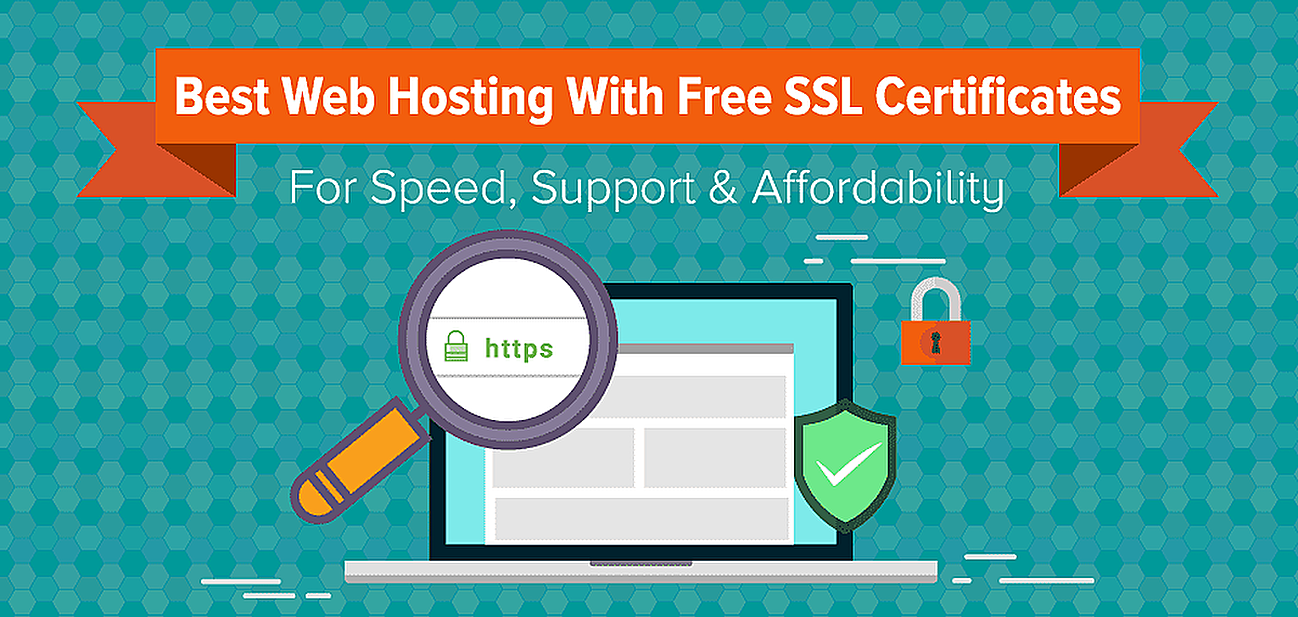What is a Web Hosting SSL Certificate?
A web hosting SSL certificate is a digital certificate that encrypts data transmitted between a website visitor’s web browser and the web server hosting the website. This encryption ensures that sensitive information such as login credentials, credit card details, and personal information are secure and cannot be intercepted by malicious third parties.
SSL certificates are crucial for any website that collects personal or confidential information from its visitors. Websites without SSL certificates are flagged as insecure by web browsers, which can lead to a loss of trust from visitors and potentially harm the website’s search engine rankings.
Types of SSL Certificates
There are several types of SSL certificates available, each offering different levels of validation and security:
- DV (Domain Validated) Certificate: This is the most basic type of SSL certificate and only verifies that the domain is registered and controlled by the certificate holder.
- OV (Organization Validated) Certificate: This type of certificate requires validation of the domain ownership and the existence of the organization that owns the domain.
- EV (Extended Validation) Certificate: EV certificates provide the highest level of validation and display the company name in the address bar of the browser, giving visitors added assurance of security.
Benefits of Using a Web Hosting SSL Certificate
Using an SSL certificate for your website offers a range of benefits, including:
- Improved Security: SSL encryption protects sensitive data from being intercepted by hackers or eavesdroppers.
- Increased Trust: Visitors are more likely to trust your website and share personal information if they see the padlock symbol indicating a secure connection.
- SEO Benefits: Google prioritizes secure websites in its search results, so using SSL can improve your website’s search engine rankings.
How to Install an SSL Certificate
Most web hosting providers offer SSL certificates as part of their hosting packages, making it easy to install one on your website. To install an SSL certificate, follow these steps:
- Acquire an SSL certificate from a trusted certificate authority or your web hosting provider.
- Generate a Certificate Signing Request (CSR) from your web hosting control panel.
- Submit the CSR to the certificate authority to obtain the SSL certificate.
- Install the SSL certificate on your web server following the instructions provided by your hosting provider.
- Verify that the SSL certificate is correctly installed and working by visiting your website using https:// in the URL.
Conclusion
As cyber threats become more prevalent, implementing an SSL certificate on your website is essential for ensuring the security and privacy of your visitors’ data. Not only does SSL encryption protect sensitive information, but it also boosts the trustworthiness and credibility of your website. By utilizing an SSL certificate, you can safeguard your website and give your visitors peace of mind when interacting with your site.
